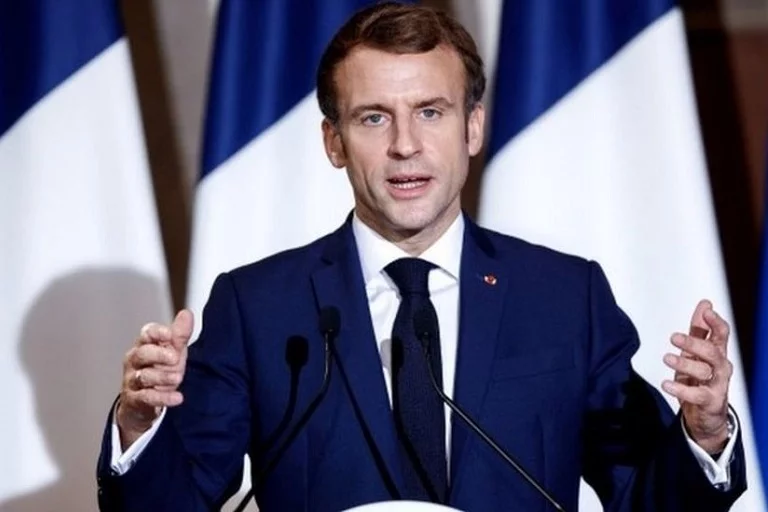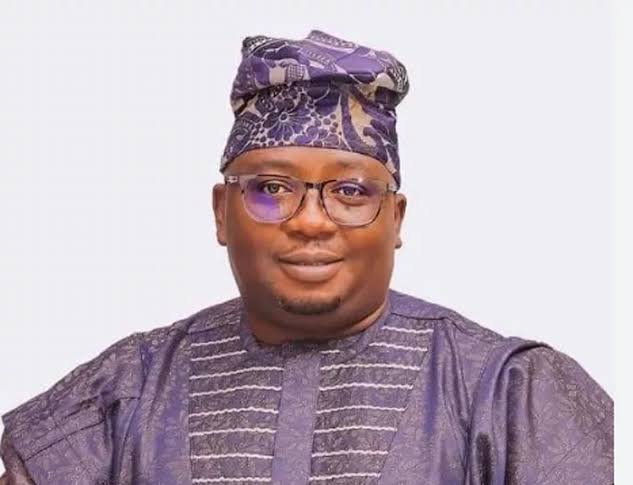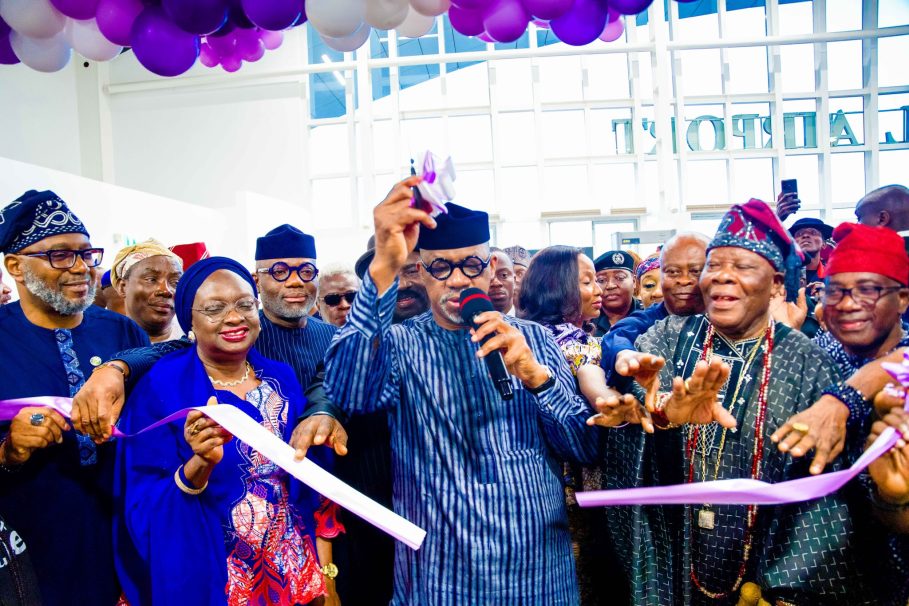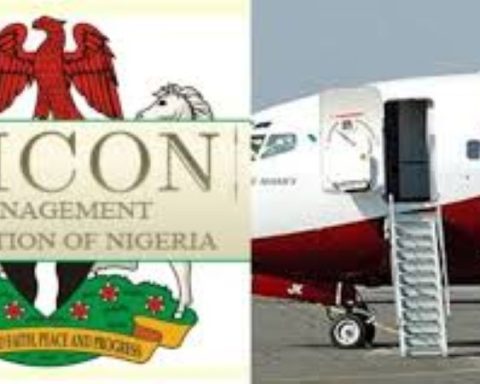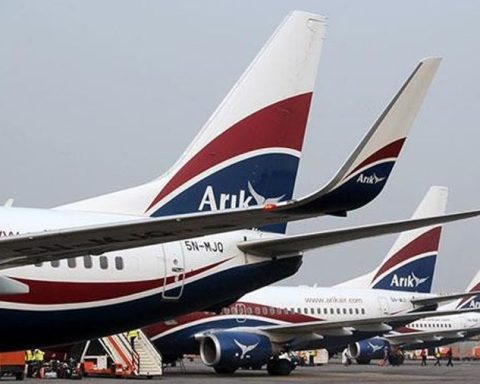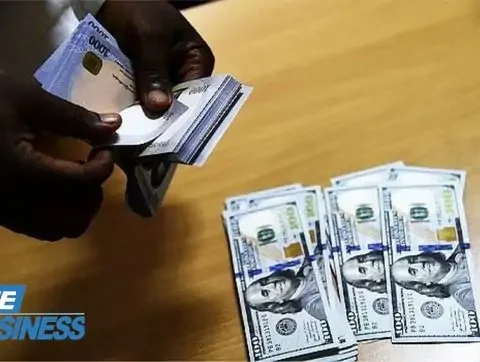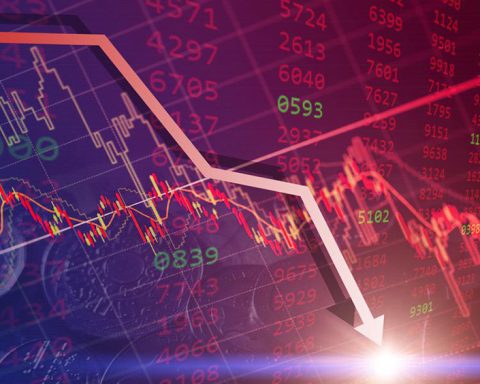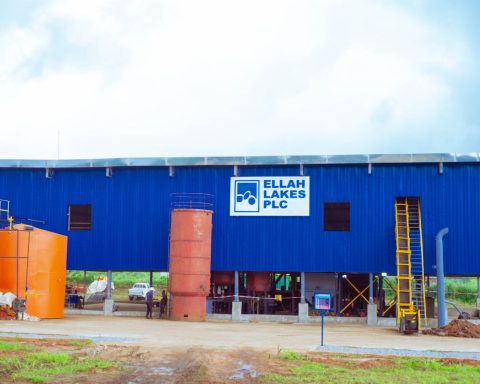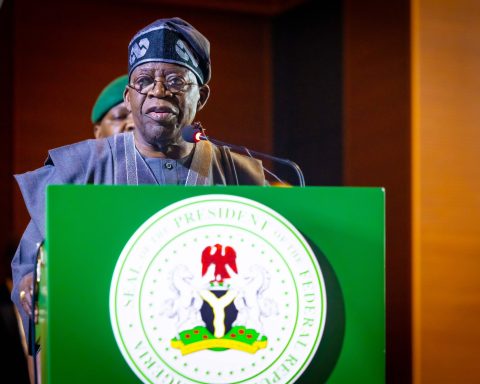France’s latest political collapse has set the stage for a prolonged period of instability across Europe, with investors preparing for more volatility in the euro and European markets as confidence in France’s ability to govern continues to erode.
Join our WhatsApp Channel
This is the warning from the CEO of financial advisory giant deVere Group following Prime Minister Sébastien Lecornu’s resignation on Monday after just 27 days in office, making it clear that France is trapped in a cycle of dysfunction.
READ ALSO: France Political Turmoil Deepens as New Prime Minister Resigns a Month Into Job
Climate Change Chaos: Africa Emits Less But Suffers More
With no majority in parliament and no workable budget, the eurozone’s second-largest economy has lost direction at a critical time for Europe’s fragile recovery.
Nigel Green, CEO of deVere Group, says: “Investors are now positioning for a drawn-out crisis.
“What comes next will not be defined by a single event but by an accumulation of uncertainty. France’s political paralysis is becoming a structural feature of Europe’s risk profile.”
The bond market has already delivered its verdict. Yields on French 10-year bonds have surged to near-decade highs, widening the gap with German Bunds and reviving fears of fragmentation within the eurozone. The euro has slipped against the dollar, while European banking and industrial shares have sold off sharply.
“These moves show that investors are rethinking the risk premium for Europe,” says Nigel Green. “France is too large to treat as an outlier — when it falters, the entire bloc feels it.”
He continues: “President Macron faces only unappealing choices. He could appoint another caretaker prime minister, but any new government will likely face the same gridlock.
“Fresh elections could deliver even greater influence to far-right parties, deepening market unease.
“The most probable outcome is that France will continue to operate under emergency spending rules into 2026, effectively putting fiscal policy on hold.”
Nigel Green warns: “Markets are already reading this as a loss of control. Running a major economy without a functioning budget undermines credibility, not only for France but for the entire eurozone.
“Unless political cooperation is restored, the consequences will extend far beyond Paris.”
He adds that the euro’s decline should not be mistaken for a policy success.
“A weaker euro that results from instability offers no strategic advantage. It reflects capital flight and loss of trust. Investors understand the difference between tactical easing and systemic weakness.”
Over the coming months, portfolio managers are expected to keep reducing exposure to euro-denominated assets, rotating toward the dollar and Treasuries.
Risk-sensitive positions in European banks and cyclical sectors are likely to remain under pressure.
“Capital will move toward predictability,” comments the deVere CEO.
“Investors will reward jurisdictions that can deliver stability, transparency, and coherent fiscal management — attributes that Europe is struggling to project right now.”
He believes the more significant shift is psychological rather than technical.
“This is not a sudden crisis. It’s a slow erosion of confidence, the kind that changes how investors think about Europe for the long term. When faith in governance fades, it takes years — not months — to rebuild.”
The wider European picture offers little reassurance. Germany’s slowdown continues, Italy’s fiscal position is deteriorating, and the European Central Bank has limited scope to respond without risking renewed inflation.
France’s paralysis, layered on top of these challenges, strengthens the view that Europe is losing its ability to act decisively. “This moment will test whether the eurozone can still coordinate under pressure,” says the chief executive.
“If it can’t, investors will start to treat Europe less as a single market and more as a collection of disconnected risks.”
He concludes: “What comes next is a period of grinding uncertainty. France’s instability has become the prism through which global investors will judge Europe’s credibility.
“Until a clear political and fiscal path emerges, volatility will persist — and stability will remain the continent’s most scarce asset.”
- Editor
- Editor
- Editor
- Editor
- Editor


